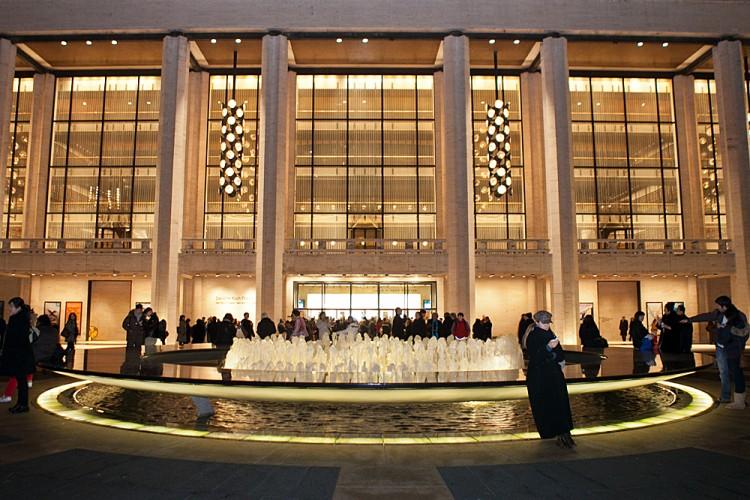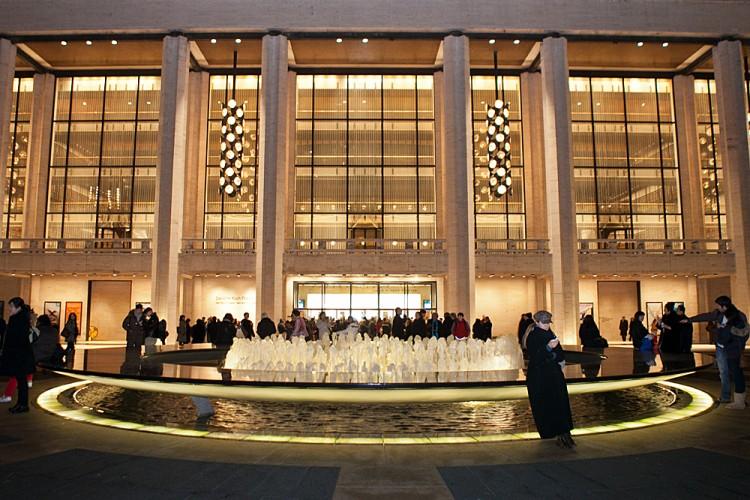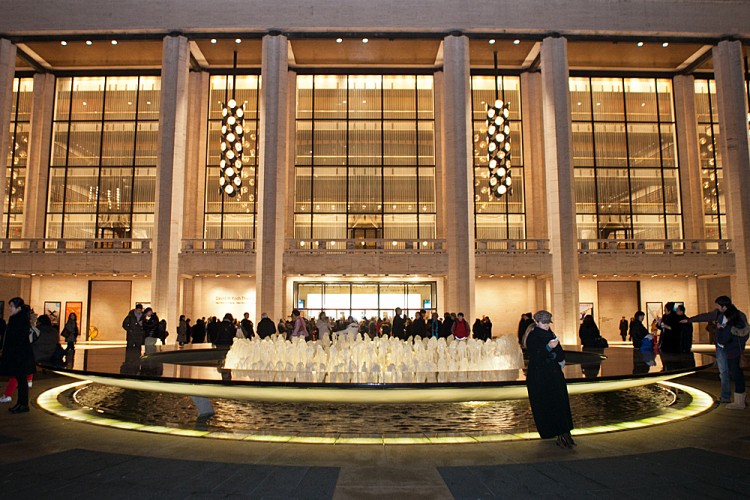NEW YORK—Going energy efficient can seem like a lot of hard work and money for building owners.
Leo Cutone is president and founder of energy supply company LC Associates, which has a 20-plus year history making energy efficiency a lot easier.
One way to get easy money, said Cutone, is what’s called a demand-response program.
“Con Ed will call you up and they'll say can you please shut off unnecessary electrical equipment tomorrow between two and four,” he said, noting this happens more often in the summer. “You do it voluntarily.
“If you enroll in this program you get paid to be on standby, just for them to call you,” he added. “Even if they don’t call you, you still get paid.”
The New York Independent System Operator, which operates the system, only calls one to four times a year, said Cutone.
“You'll have to curtail for an hour,” he said.” Some examples of curtailment are shutting some lights off, and raising the temperature of an air conditioner.
Cutone spoke to a group of building owners and others during the BuildingsNY 2012 convention at Jacob Javits Center on Thursday.
Other entities also offer money through energy efficiency programs, such as the New York State Energy Research and Development Authority.







